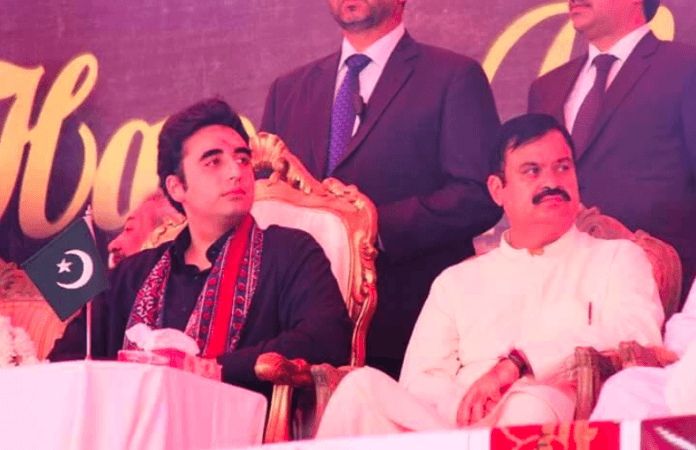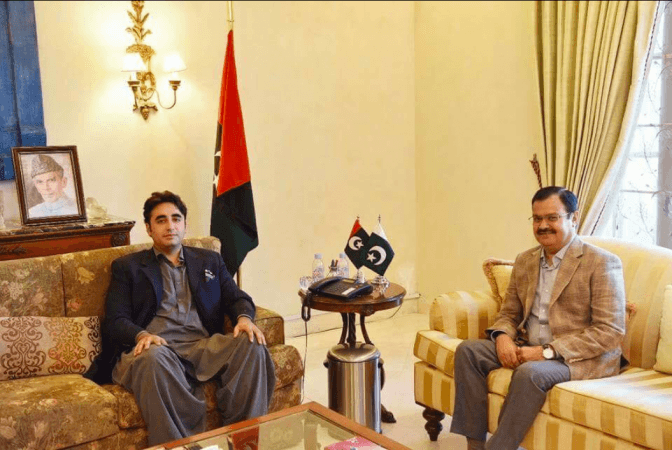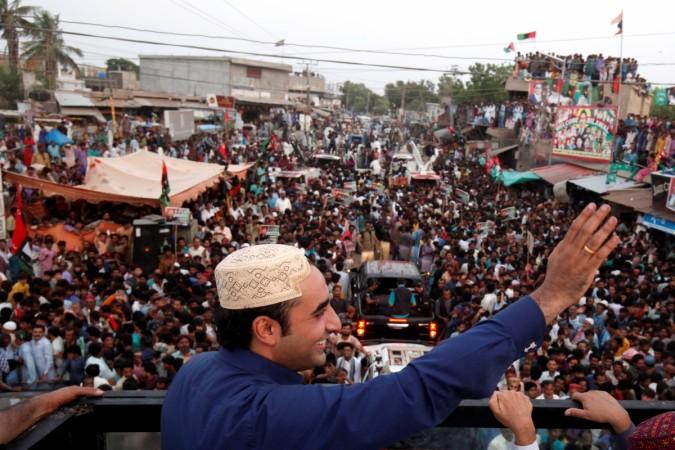
Imran Khan might have promised the people who voted for him a 'New Pakistan' but looks like the voters already know what they want - change. 16 years after non-Muslims in Pakistan were allowed to vote for and contest in the general elections, a Hindu has been voted to the National Assembly. Mahesh Kumar Malani will be a member of the opposition representing Pakistan Peoples Party (PPP).
The 55-year-old Pakistani Hindu Brahmin, who contested from Tharparkar district in Sindh defeating 14 other candidates, has been a vocal supporter of minority rights aligned with the Bilawal Bhutto Zardari-led PPP.
Who is Mahesh Kumar Malani?
Malani has stoked the curiosity of many, with voters eager to know what's in store for the minority communities in the Islam-dominated nation.
Speaking to The Independent about his role as a member of the National Assembly, Malani said that he intends to work past the religion tag and focus on abolishing poverty and extremism in the country.
I am not only the representative of the Hindu or the minority. In a general election, the Muslim majority also votes for me, so I am going to perform my duty for all my people and for my nation. My agenda is to stand up for the rights of every citizen of Pakistan.

The PPP leader has been an active participant in politics in the country for almost two decades now.
Malani was a member of the parliament for five years (2003-08) after PPP nominated him for a reserved seat, Firspost reported. The Pakistan parliament has ten seats reserved for minorities which are allotted to parties, following an amendment brought forth during the tenure for General Pervez Musharraf as the president.
In 2013, Malani became the first non-Muslim to become a member of the Provincial Assembly (MPA) after winning the Tharparker lll general seat in the Sindh Assembly, NDTV reported.
What to expect?
Looking forward, the PPP leader is expected to be the voice of minorities in the National Assembly. While on one hand, Pakistan's prime minister-elect Imran Khan is said to have largely garnered votes from anti-India extremists and people who support the death penalty for blasphemers, Malani is expected to be a vocal critic of extremism.
It can be noted that though the opinion of the PTI leader in the country is largely positive among the dominant Muslim community, Imran Khan does not enjoy the same popularity among the minorities in Pakistan.
The PPP, on the other hand, has represented the minority communities in Pakistan for long, garnering the support of, and encouraging members of the minority in elections.

The 2018 general elections in Pakistan was only the second time a civilian transfer of power was witnessed in the country's 71-year history. Imran Khan garnered a majority of the support leaving behind Shehbaz Sharif of Pakistan Muslim League (Nawaz) and PPP's Bilawal Bhutto Zardari.
PTI, however, failed to secure the minimum number of seats to form an independent government and is expected to team up with the independent candidates to form a coalition.














